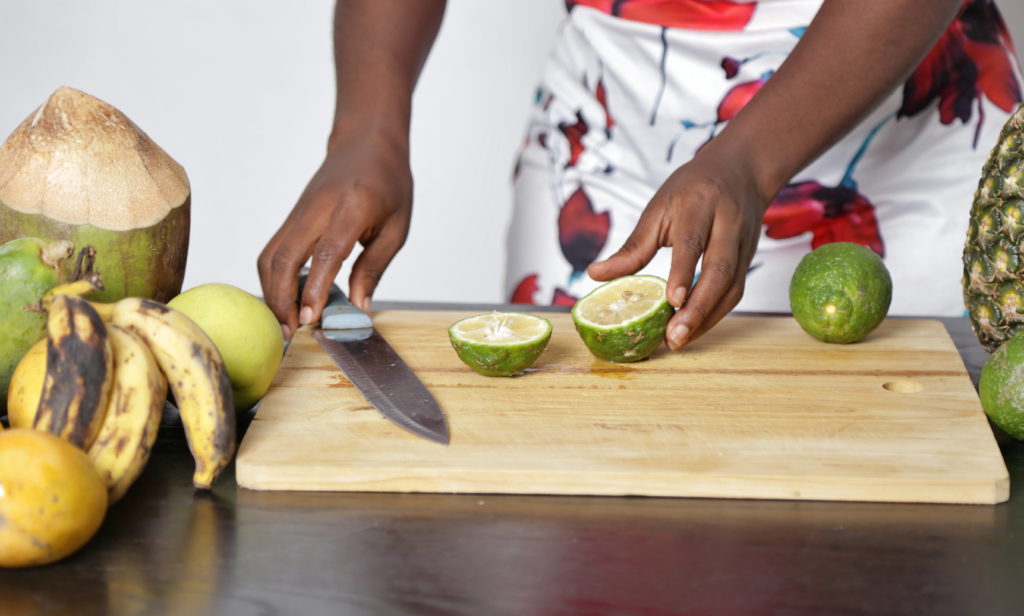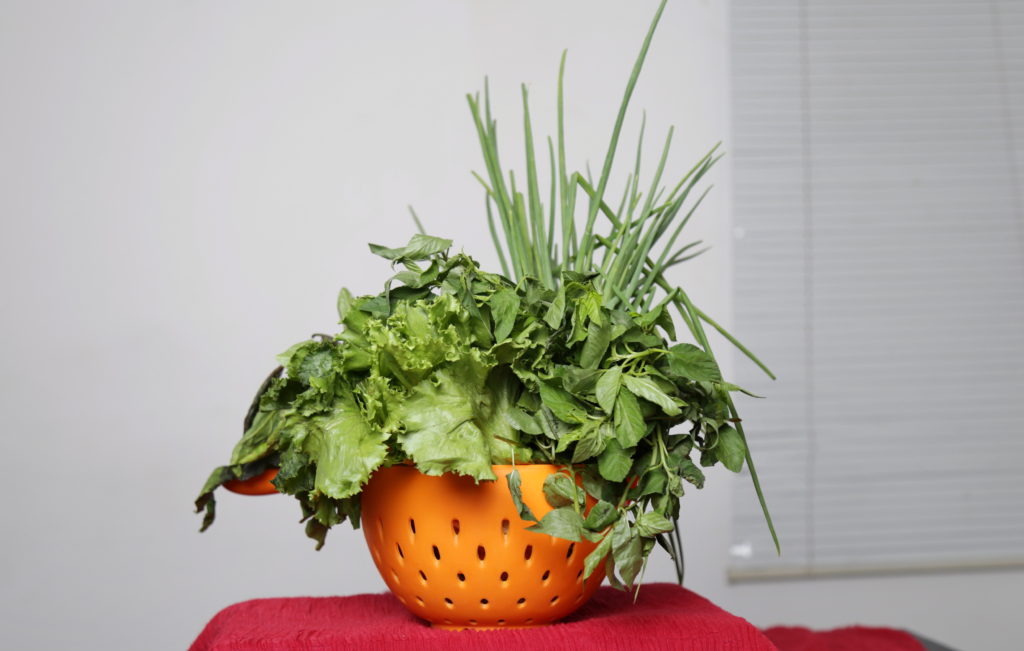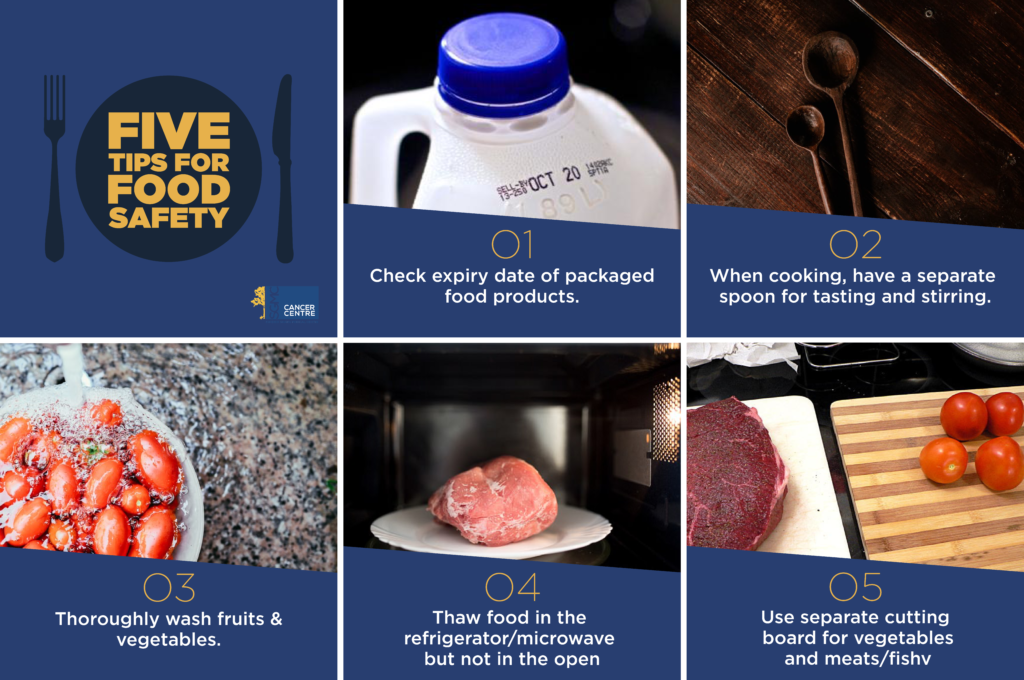From farm to folk, food safety is important for everyone. You must eat healthy food. It is however more important that food is first, safe to eat. Food safety during cancer treatment is crucial. This is because cancer and its treatments – radiotherapy, chemotherapy, brachytherapy and stem cell transplants – compromise the immune system. This often exposes cancer patients to food-borne illness with the least food contamination. It is therefore critical that cancer patients keep to best personal and food hygienic practices.
Guidelines for Food Safety during Cancer Treatment
- Always wash your hands with soap under running water before and after preparing food, as well as before and after eating. There is the unfortunate habit in some African homes where hands are washed with just water before eating, but with soap and water after eating. It is a wrong cultural practice that all, especially cancer patients, must refrain from.
- Always eat cooked food as warm as tolerable. Allowing cooked food to cool for long before eating could allow germs to contaminate it and pose harm to you.
- Wash vegetables and fruits thoroughly using clean water before peeling or cutting.
- Scrub vegetables and fruits that have firm surface such as potatoes, carrots, oranges and melons before using.
- Cut away any damaged or bruised areas on farm produce.

Cut bruised areas off food - Wash the top lids of canned foods with soap and water before opening.
- Thaw food in the refrigerator, not in the open. You could also use the defrost setting of the microwave to safely defrost food.
- Put food in the refrigerator within two (2) hours after your finish serving. Do not allow cooked food to stay for too long before refrigerating.
- Do not put foods like milk and dairy products in the compartments of the fridge door. Regular opening of the door exposes them to temperature differences which could easily cause them to spoil. Rather, water and drinks are mostly meant to be kept in these fridge compartments.
- Foods containing eggs, cream or mayonnaise should be refrigerated after just one hour of cooking them.

Vegetables should be stored separately from meat/fish in the refrigerator - Always cook meats until well done, with no trace of blood in the centre. This is because meats are rich in nutrients and so attract a lot of germs.
- Use a different spoon to taste and a different one to stir your food while you are cooking.
- Always check the expiry date of packaged food products.
- Do not put raw poultry, meat, seafood and eggs in the same fridge chamber as ready-to-eat foods like cake, fruits, salads and dairy products.
- Always buy only pasteurized or refrigerated milk. Once you use milk or any dairy product, immediately keep what is left in the fridge.
- Use separate cutting board for vegetables and meats/fish. If you have one cutting board, then wash it very well after using it for raw foods before using it for cooked or ready-to-eat foods to limit the transfer or microorganisms from the raw uncooked to the ready-to-eat foods.
When in doubt about how to safely keep or eat any food, ask your Registered Dietitian. Always remember that, a healthy meal must first be safe.

Desmond Paa Kwesi Hackman (RD, LD, RO, MSc)
Dietician/Nutritionist Consultant, Sweden Ghana Medical Centre
